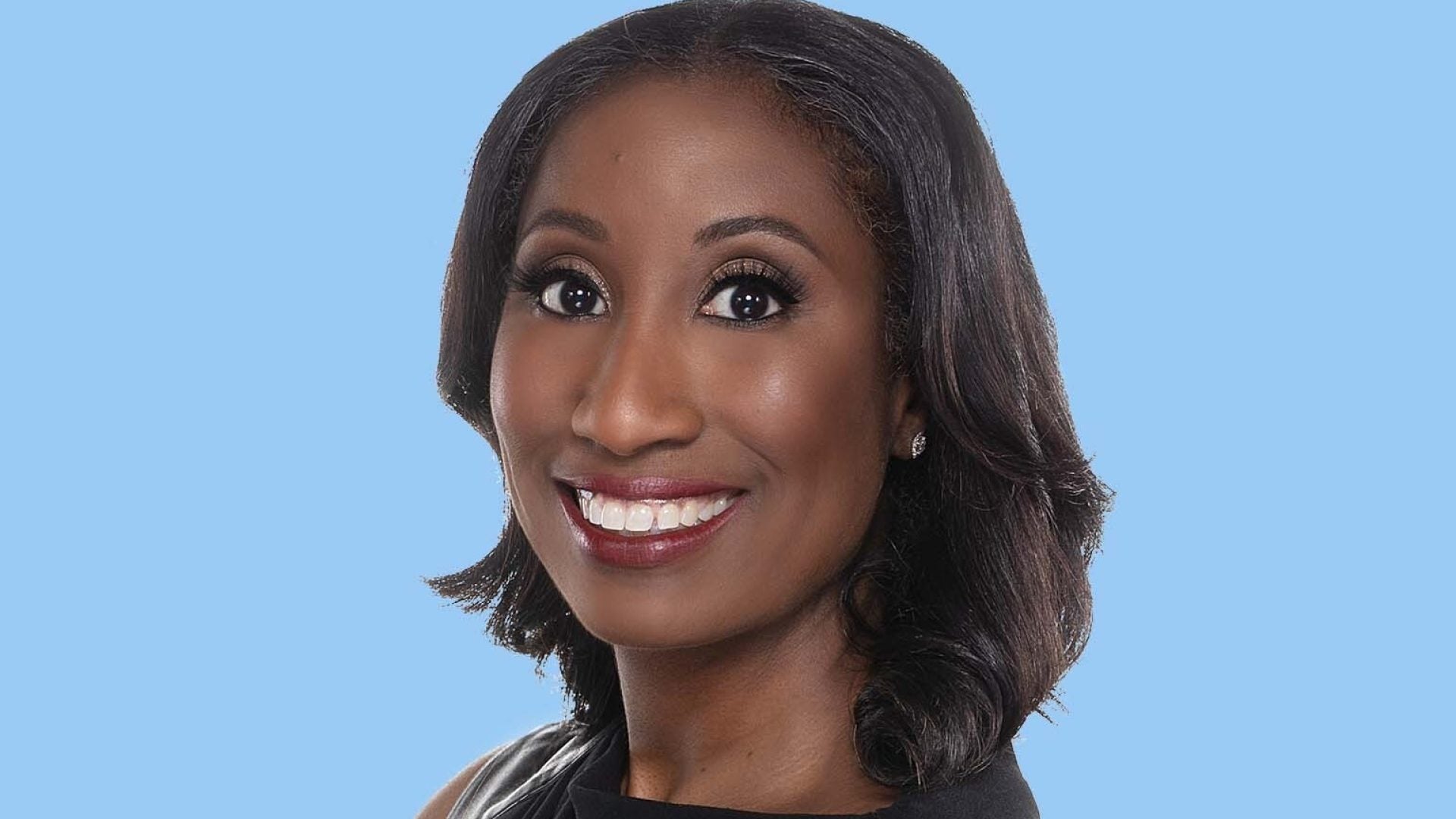
A buzz word in the finance world, we went straight to the source to figure out exactly what financial wellness is and how we can work towards it. That’s where Pia Flanagan comes in. She says that financial wellness means being fiscally healthy—it’s a lifelong journey, not a destination.
An attorney, by training, Pia currently serves as Chief Operating Officer of CEO Action for Racial Equity as part of a two-year fellowship. Stepping away from her role as the Chief of Staff for MassMutual’s Chairman and CEO for this fellowship, Pia has remained an employee of MassMutual and a member of the company’s executive leadership team. The dual role speaks to the commitment MassMutual has made to diversity, equity, and inclusion.
Recovery & Systemic Racism
Looking at financial wellness from a perspective of the entire U.S., Pia says that the unprecedented social and economic events of the past two years have spotlighted the continued need for change to advance racial equity and social justice.
For business communities, she says it will require more than monetary donations, public statements, or social media hashtags to truly break the cycle of societal systemic racism. And there’s no one-size-fits-all approach—each organization will inherently take a different approach and have a different engagement strategy that uniquely makes sense for them and their culture.
One company that’s taking action is MassMutual. More than 2 million middle and high school students in diverse communities across the country have gone through the FutureSmart financial education curriculum. Plus, they’ve provided 14,000+ policies and $708 million in free life insurance coverage to eligible parents and guardians for child education expenses through the LifeBridge program.
They’ve also partnered with The New York Times on a digital storefront supporting more than 100 Black-owned small businesses across the country. It has driven more than 50,000 visits to their websites with 40% reporting increases in their social media following and nearly 20% reporting increased business revenue.
Uncomfortable Truths About Wealth
When you begin to look at financial wellness from a personal perspective, you cannot escape the centuries of discrimination and racism. “Whether individual, structural or institutional, racism has negatively impacted every indicator of quality of life for Black Americans, including education, wealth, housing, employment and health,” says Pia. “These disparities are not just a moral crisis; they also pose an economic threat.”
According to the 2016 Survey of Consumer Finances, the median white household has a net worth of $171,000, that’s 10 times the net worth of the median Black household, $17,100. And financial inclusion has yet to be fully realized for Black Americans as 23 million remain unbanked or underbanked. “Further, in a recent MassMutual study, we found that 30% of Black respondents feel uncomfortable financially, and only 37% say saving is as manageable as they would like,” says Pia.
For centuries, Black people have sought to overcome the significant and persistent barriers that have hindered meaningful access to viable social, economic, financial, and academic resources, networks, systems, and opportunity. “Such access is what positions each of us for the possibility of creating generational wealth and the legacy that can result,” says Pia. “There is merit in intentionality to both financial institutions and the Black community proactively coming together to 1) collaboratively help create greater access to opportunities, and 2) to build generational wealth and legacy.”
She goes on to say that this is what MassMutual is proudly committed to doing. “We don’t pretend to have all the answers, but we are committed to our journey and doing our part to make a meaningful difference,” says Pia. A couple examples of what they are doing is the Live Mutual Project—a comprehensive social impact program guided by the belief that financial well-being happens when individuals have strong community, connections, and financial capabilities that brings together community resources and partners to create vibrant and empowered neighborhoods. Another example is MassMutual’s $150 million commitment to utilizing underrepresented diverse businesses in its procurement operation and a $25 million investment commitment in Black-owned, founded or managed businesses in their headquarters state of Massachusetts.
Create The Future You Want—Starting Now
Financial wellness means being prepared for the moments that occur in life—the small moments, the big moments, the everyday moments, and the unexpected moments. Pia says, it means having the financial freedom to make choices that let you enjoy life and take care of your family today and in the future when you are no longer here.
“Regardless of where any of us are at in life, most of us can think of something that we need to address but know that doing so may feel somewhat uncomfortable or unattainable, so we put it off for another day, and that day seems to never come,” says Pia. Everyone, no matter the circumstance, would benefit from having discipline when it comes to financial habits. In that same MassMutual study, more than half of Black respondents prioritize savings and having an emergency fund, which are positive signs.
No matter where you are at on your financial journey, holistic financial planning can help you to stay focused on a personalized pathway to financial wellness, helping ensure that you minimize risk, maximize investment returns, and protect the ones you love. Pia says, “The hardest step is the first step, taking action.”
If you’re ready to take action, visit MassMutual.com.